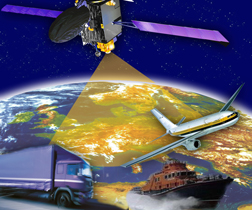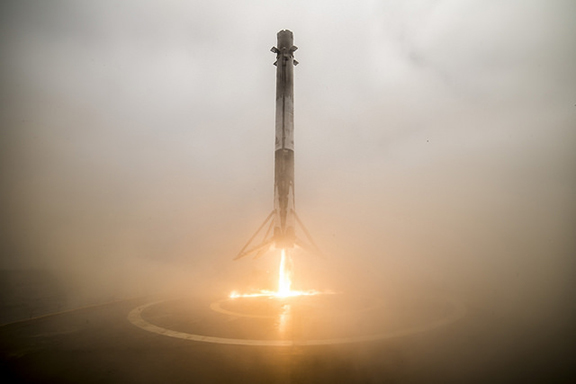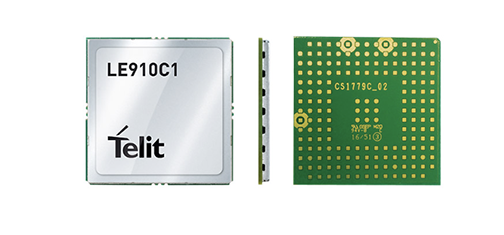Data Collecting Program for Mobile GNSS Field Data Set taking Place in Japan
 Mobile GNSS Field Data Set being tested in the winter. Photo: Lighthouse Technology and Consulting
Mobile GNSS Field Data Set being tested in the winter. Photo: Lighthouse Technology and Consulting Lighthouse Technology and Consulting Co., Ltd is proceeding with a program to collect precise GNSS data on major highways in Japan. The data is an inevitable “must use” tool for high precision positioning systems used in automated driving vehicles.
While the major part of autonomous driving systems consists of sensors and image recognition technologies, satellite positioning is also a key element used for complementing the precise current position.
By Inside GNSS



.jpg)









